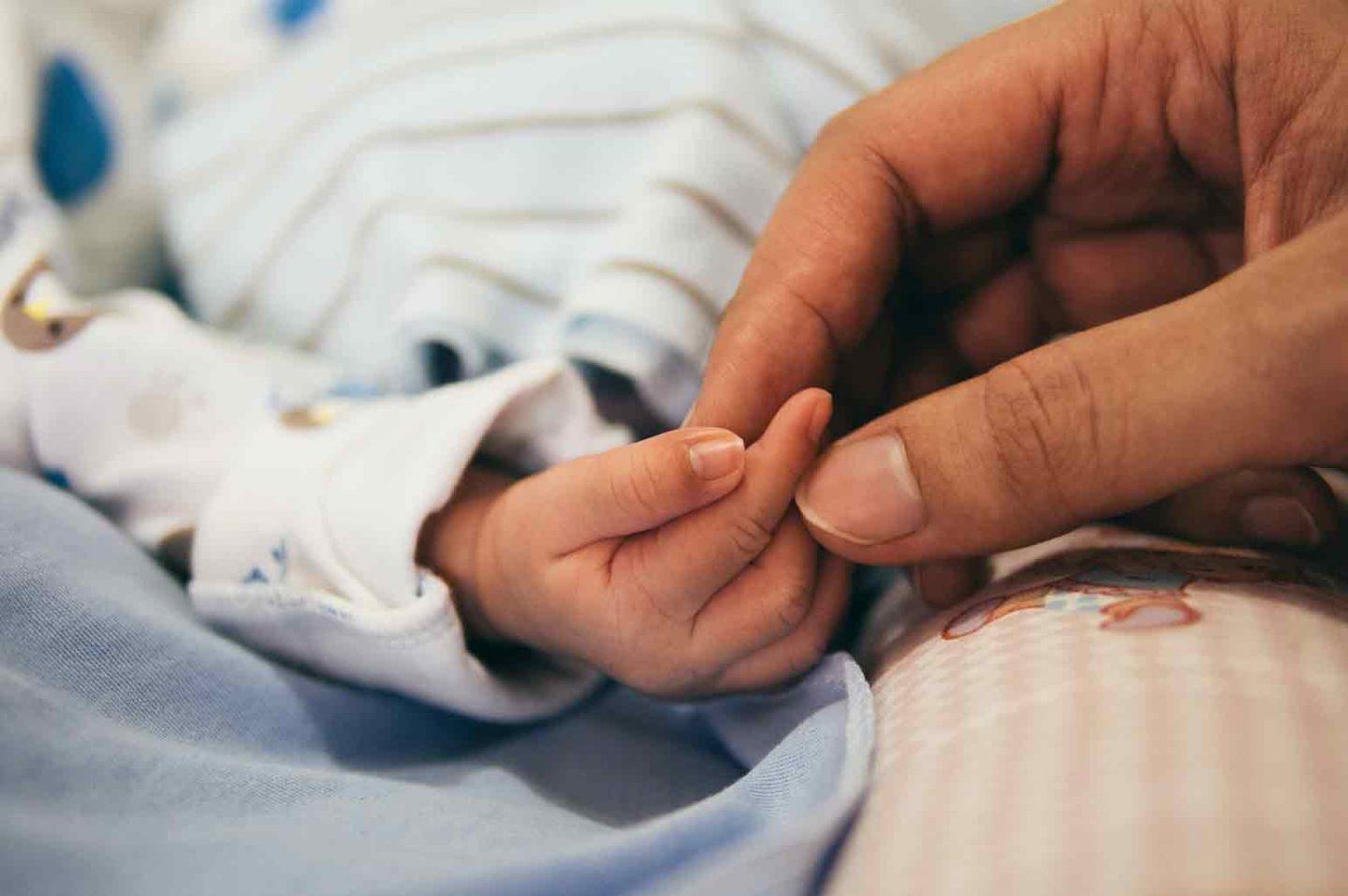New parents deal with a wide range of challenges and experiences when their newborn arrives home. They want to make sure the baby feels comfortable in their crib, bonds with their mother, and grows into a healthy, well-adjusted child. Nobody wishes a stressed-out baby crying day and night incessantly, being in constant stress from feeling endangered and unprotected. The good news is that parents can resort to proven techniques and resources to ensure their baby feels relaxed and protect them from developing stress-related issues later in life. We would like to share some insight on the matter with some tips on how to help your baby have a peaceful and stress-free life if you’re struggling to calm them down or you want to have additional parental information on the matter.

Calm your Baby with Movement and See how they React
If you tend to fall asleep whenever you take the bus, or you’re the passenger in a car, it’s not just you. Infants benefit from being held by their caretakers, while the adult soothes them with calming sounds and walking around the room. This helps them decrease their heartbeat and reduces their crying, especially if they usually display easily distressed temperaments. What’s important here is to show the baby that their paternal figures are always present with them.
However, you also need to keep an eye on how your baby reacts to your contact. Sometimes they can get overwhelmed or annoyed by your approaches, which can cause the opposite effect. Each infant has a unique personality, so learning their cues and knowing what makes them calm down and feel comfortable is crucial to ensure a good bonding experience with their caretakers. Otherwise, you risk an unwanted scenario: the baby starts crying even harder, their brains produce higher levels of cortisol, known as the stress hormone, and it’s likely that you won’t be able to calm them down in a few minutes.
Offer Physical Affection with Eye Contact
Human beings always crave physical touch even when we grow into adulthood. Skin-to-skin contact is the first sensation babies feel when they get delivered to their mother, and it’s no surprise that it triggers stress-reliever hormones in our brains. Infants benefit a lot from one-on-one time with their parents where they get direct skin contact since it decreases the production of cortisol, the hormone responsible for our stress responses.
A strong yet gentle touch will make them feel protected and comforted whenever they sense danger in their environment. On a similar note, you can try swaddling if your child responds positively to being hugged or held close to your chest. The idea is to show them reassurance and company whenever they show distress, with visual contact and friendly conversations. Irritable babies can have specific triggers too, so always pay attention to their cues and act accordingly. That way, they bond with their caretakers and tend to show better social skills once they grow up.
Show Positive Emotions to your Baby
Contrary to popular belief, infants are fully aware of adults’ facial expressions, including negative ones such as worry, anger, or worry. Infants can distinguish between happy and sad expressions as young as 6 months old, and they tend to absorb these negative social cues causing them more stress. Suppose you’re constantly exposing them to stressful situations where people are shouting or showing physical aggression. In that case, your baby will be more prone to produce cortisol, potentially affecting their behavior and development long-term.
As parents, it’s crucial to understand that your daily mood will impact your child’s future even if they cannot express it at the moment. Talking to them positively, smiling, and overall cheerfully treating them can do wonders to have a peaceful infant. Incentivizing your child to vocalize as a chat partner is an excellent way to develop their cognitive functions as an additional bonus.
Making sure your baby feels calm and secure can be a challenging scenario for parents, especially if they’re welcoming a new child for the first time ever. However, families relying on a strong support network when raising an infant have better chances at thriving and creating a safe, healthy environment for them to grow into well-adjusted, smart children. Never forget that babies cry because that’s their main way to express their emotions, whether they’re feeling hungry, scared or in pain. Therefore, parents and caretakers should always keep an eye out for any abnormal signs in the baby’s health or behavior and consult with their doctor if any concern arises, and under no circumstance should you ever resort to physical or verbal violence to try to resolve any situation that involves the baby.